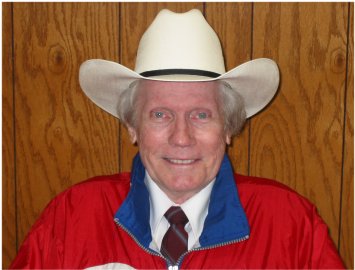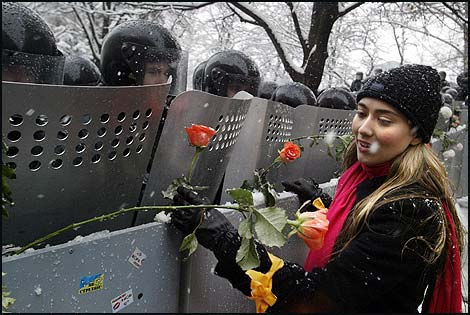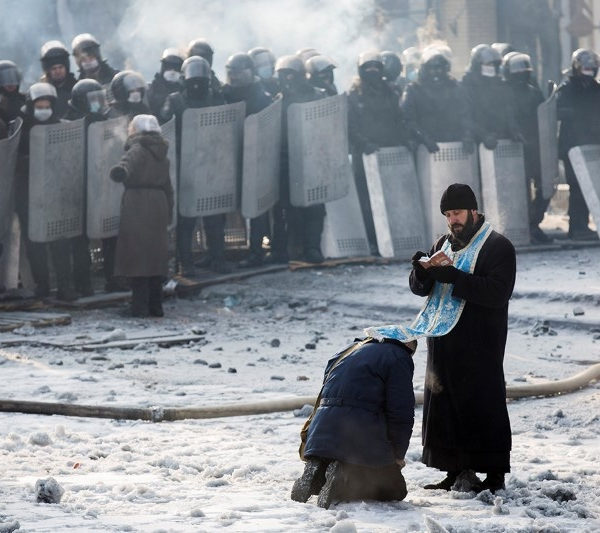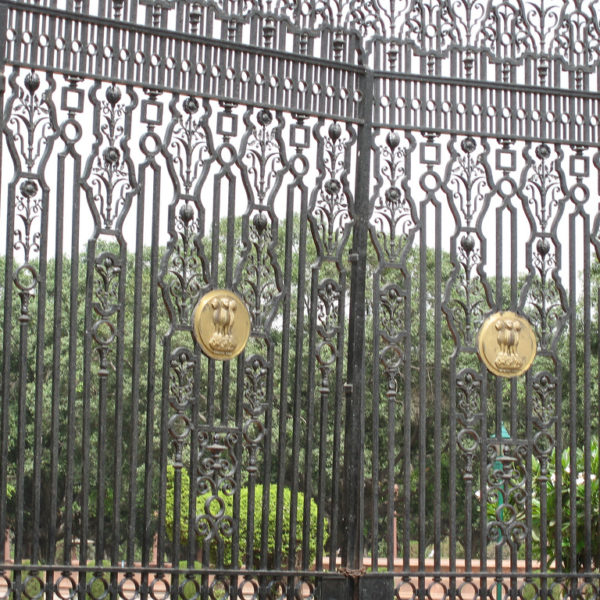
Federal elections in the world’s largest democracy have recently led to a significant change of leadership in India. There are two crucial domains of concern for anyone looking at the future of India after these elections: on the one hand, concerns about the rights and dignity of minority communities, which is saturated with an ideological component; on the other hand, the project of growth and development, which is the language Prime Minister Modi now speaks.
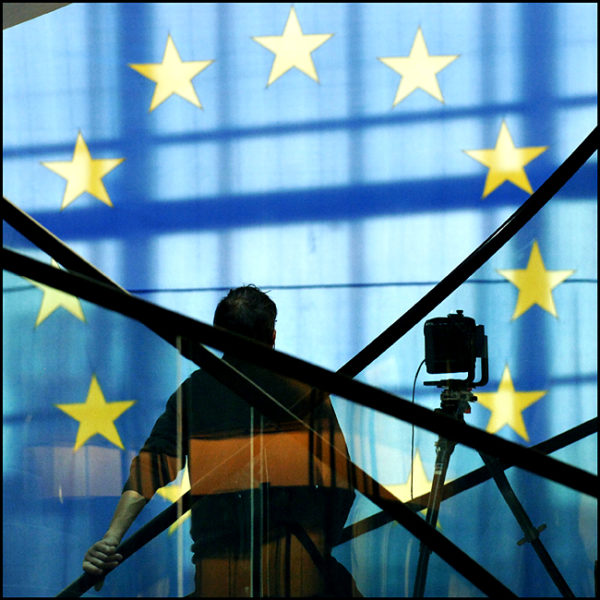
After half a dozen years of economic decline and political hardship EU measured its demos in the elections to the European Parliament. The result was just about expected, though probably not at all what the ”Europeans” — whoever they are these days — were eager to see. Given a choice between a commitment towards the globalization of world politics and going home, going home, by and large, won.
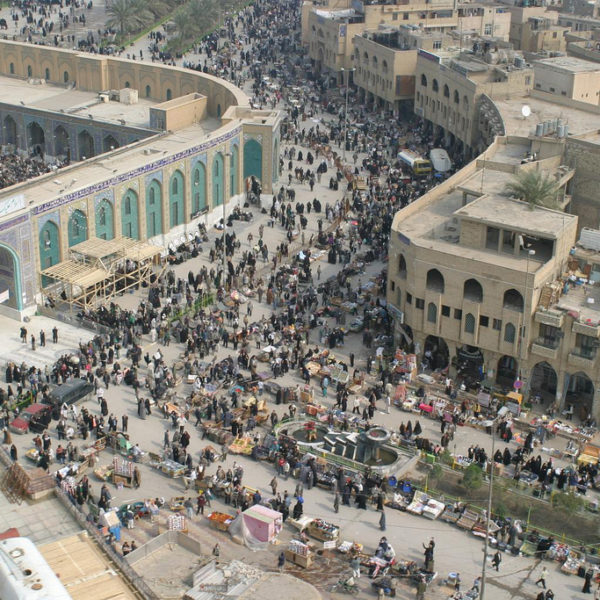
The attack of The Islamic State of Iraq and al Sham (ISIS) on Mossul and its march on Baghdad has taken the international community by surprise and raised the possibility of another US intervention in Iraq, with the hope it could prevent the downfall of the country into a sectarian war. Such a scenario is highly improbable because of the nature of the Iraq crisis that is first and foremost political and not religious.
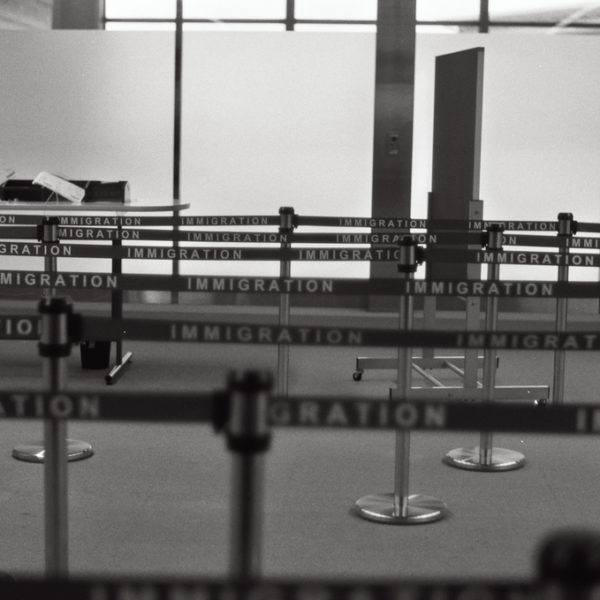
. . . Pastors and church-leaders for the past two years have been very vocal in their efforts to ‘welcome the stranger’ through immigration reform and in so doing are reframing evangelical Christian concerns beyond the rote of life-issues. . . . Though evangelical leaders have pushed for reform, this hasn’t yet filtered down to evangelical congregations who are amongst the most skeptical of CIR. The Public Religion Research Institute (PRRI) noted in 2013 that white evangelical Protestants were the least likely of all religious groups to support a path to citizenship for illegal migrants.
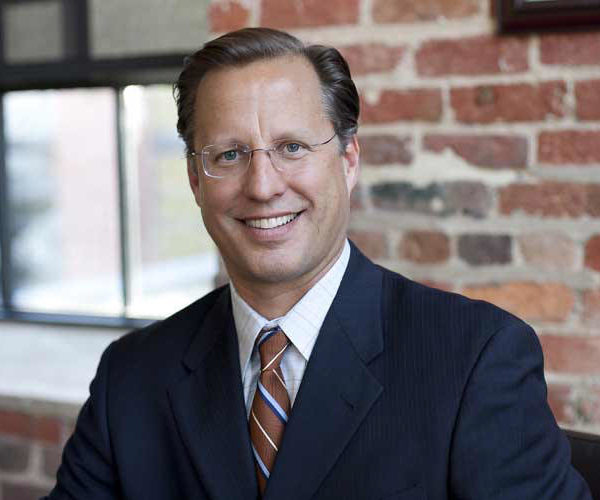
David Brat’s upset of Eric Cantor in Virginia’s District Seven congressional race last week generated waves of buzz, with no small stir churning in the Christian blogosphere. Although political upstarts, especially those that identify as conservative Christians, always tend to create a storm of media buzz, the close attention to Brat is perhaps more justified than most. As I hope will become clear in this brief profile of Brat’s scholarship and political theology, Brat’s somewhat bewildering and seemingly idiosyncratic synthesis of theology and economics illustrates the tensions endemic to the increasingly-libertarian sectors of the Christian Right.
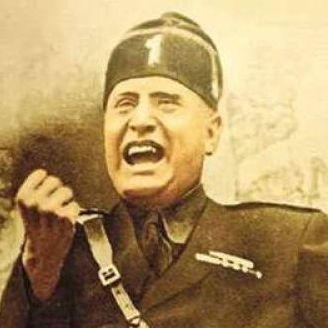
The international crisis in Ukraine, combined with the precipitous and aggressive behavior of Russia toward the West, the docility of Europe and the fecklessness of American foreign policy in shaping events, has prompted after-midnight calls among many international experts for a radical and rapid rethinking of what the word “globalization” really means, or what it might look like even in the next five years.
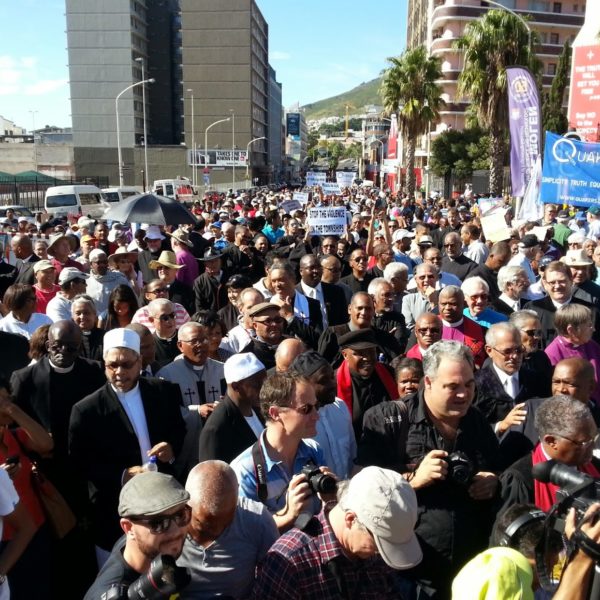
And so it was this past Easter Saturday that thousands of South Africans, supported by religious leaders, “evoke[d] the spirit of the 1980s, when the faith community intervened to promote and defend democracy.”[2] Leading the procession was the Anglican Archbishop of Cape Town, Thabo Makgoba.
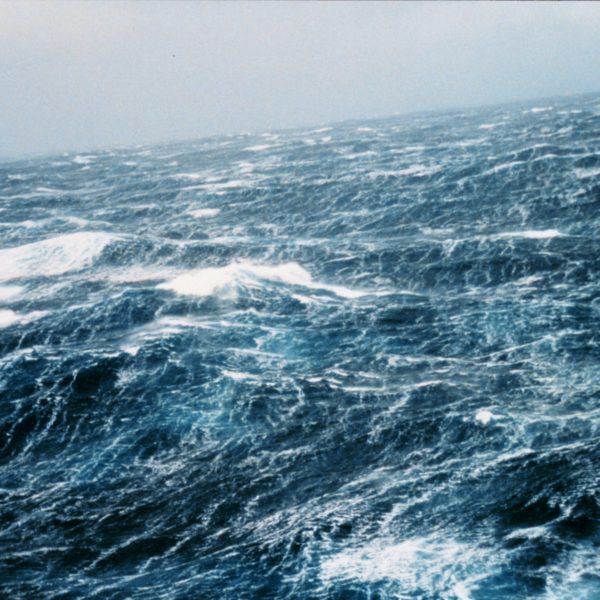
“That which does not kill us makes us stronger,” Nietzsche wrote.
As the global neo-liberal order slowly unravels before our eyes, that recognition holds more true today than ever.

Viewing the film August: Osage County with academy award nominees Julia Roberts and Meryl Streep during the same week that Russia’s Vladimir Putin occupied Crimea and thumbed his nose at President Obama, it became impossible not to regard the movie itself as some sort of deep parable of the political age in which we live.
